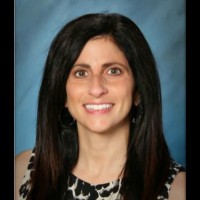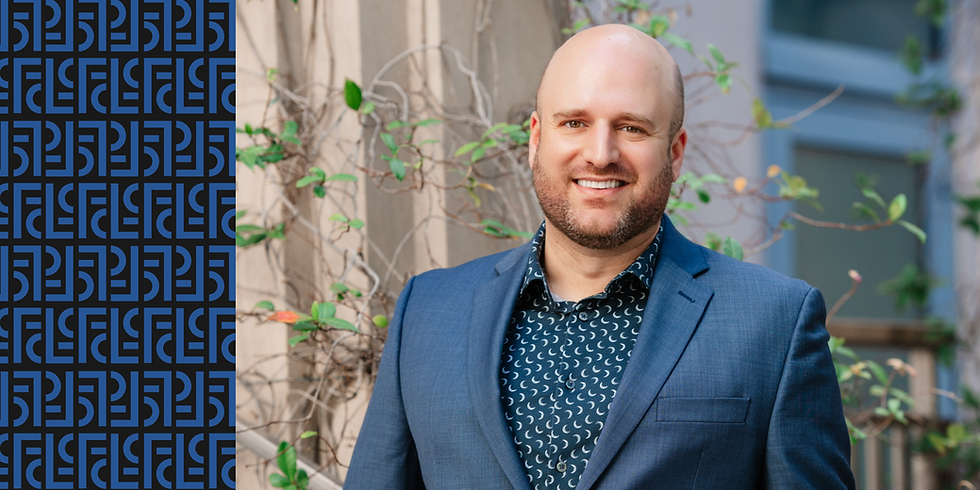Introducing Kim Izumo, Operations & Impact Manager at the Center for the Future of Learning
- Kim Izumo

- Oct 28, 2025
- 3 min read

Learning Isn’t Just a Habit, It’s a Lifelong Process
What if the best way to inspire lifelong learners is to become one yourself?
That’s exactly what I discovered when I decided to learn something completely new during COVID: the piano. I started small, taking lessons at the Family Music Center and practicing on a simple keyboard before eventually investing in a piano of my own. Five years later, I’m still practicing, improving, and learning something new about myself every time I sit down to play.
That experience reminded me why I became an educator in the first place: to help others discover the same joy in learning, to give young people the tools, agency and confidence to explore their interests and to remind them that learning is a lifelong adventure that never really ends.
Education is something I’ve always felt strongly about. What inspires me most about learning is that it never truly ends, there is always something new to explore or a new skill to develop.
The Journey That Defined My “Why”
My education career began in North Tonawanda, New York, where I taught a year of high school and a year of middle school before making my way to Vegas. For the next 26 years at Fremont Middle School, I taught sixth and seventh grade English and saw how powerful it can be when learners are given a space where they can exercise skills like creativity, curiosity, communication and collaboration.
After many years in the classroom, I stepped into a new role: learning strategist, a role that allowed me to support educators in their craft and help them grow in their own learning. It deepened my belief that education is about teaching content while also cultivating a community of learners who lift one another up.
Later, as Fremont’s librarian, I felt an even greater connection with students. Throughout my career, I remained focused on the professional development component for teachers, but I loved getting to explore different roles that engaged my mind and helped me grow as a leader, mentor and educator.
The Roots of My Passion for Education
In many ways, education has always been part of my DNA. My mother taught kindergarten until I was born, my uncle retired after 36 years of teaching elementary school and my sister went on to become a school counselor. Their dedication shaped my early vision of education, but it was a friend and fellow colleague who redefined it.
When I first began teaching sixth grade at Fremont Middle School, I was stepping into unfamiliar territory. My co-teacher at the time welcomed me in, guided me and ultimately changed the way I viewed teaching and learning. He introduced me to the Southern Nevada Writing Project Summer Institute, which completely transformed my approach.
Through that work, I discovered the power of student-centered learning and giving every student a strong voice. We created Saturday family writing workshops where learners and their families came together to write, build, create and collaborate. Those weekends showed me, and our young people, that learning doesn’t have to fit into a 50-minute lesson plan.
It can be a one-of-a-kind experience that still provides families and generations a space to learn and grow together.
What I Hope to Accomplish With the Center for the Future of Learning
Today, my purpose feels clearer than ever: to help co-create an education system that young people in Nevada are deserving of, one that empowers them to apply their vision, curiosity and voice to their learning experience.
At CFL, I’m so proud to align our work around the Portrait of a Nevada Learner, so that learners have agency and opportunity. I imagine opportunities where youth earn credit for meaningful, real-world experiences like solving math problems in imaginative spaces, producing segments at local TV stations or exploring creative projects that connect back to their communities and interests.
My hope is simple: for our young people to have the space to ask the important questions, like How do I learn about the things I’m interested in? How do I receive credit for those things? How do I learn about it in school?


